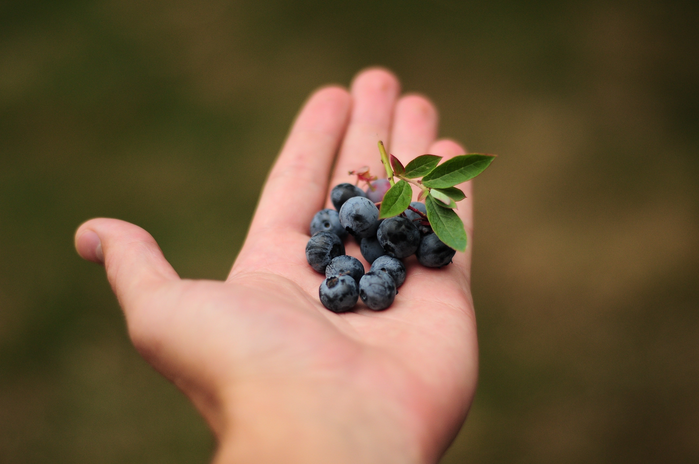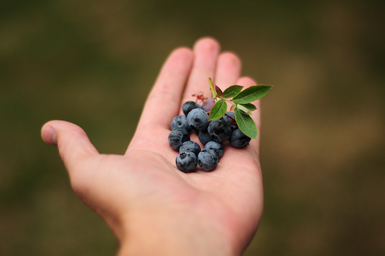A cup of tea. A quintessentially British food that we all love to consume. As a student, tea and coffee are a cupboard staple to get us up for those dreaded 9ams after a heavy night in Lounge. But is there more to tea than this? Different types of teas can have some really promising health benefits. Below is your ultimate guide to teas and some of the great things they can do for your body.
(Image: https://weeteacompany.com/)
Black Tea
A classic – black tea has a plethora of vitamins considered essential for maintaining health, including Carotene, a precursor to vitamin A, has antioxidant and protective properties, Vitamin B1 and Pantothenic Acid, Vitamin C and Vitamin B6. It’s also full of antioxidants and its caffeine helps raise alertness too.
Green Tea
The health benefits of green tea are globally renowned. There are various antioxidants in green tea and it can also aid in cutting cholesterol. Moreover, green tea has been proven to boost metabolism, which is great if you get those 3pm cravings. There have been claims green tea can help prevent certain types of cancer, however this does not have any substantial evidence proving this to be the case.
(Image: https://www.healthambition.com/best-green-tea-weight-loss/)
Camomile Tea
This has one of the most well-known health benefits of the teas on this list – Camomile Tea helps calm you and help you sleep. A mug of this before bed can do absolute wonders for sleeping, and many people also drink it to calm their nerves before exams. A lesser-known health benefit of camomile is that is can help aid digestion.
Oolong Tea
Oolong tea is a great combination of green and black tea in terms of its health benefits. It contains the full range of polyphenol antioxidants: catechins, thearubigin and theaflavin. Chinese herbalists have said that oolong tea is decidedly effective in improving kidney and spleen function. Moreover, it’s also often recommended for its weight–loss properties; the polyphenols can help enhance the metabolism by activating the enzyme responsible for dissolving triglycerides.
(Image: https://www.organicfacts.net/health-benefits/beverage/health-benefits-of…)
Peppermint Tea
As an IBS sufferer, peppermint tea is a godsend for me. It’s one of the best teas to use if you bloat often and/ or get quite gassy. Not only does it also help relieve nausea, but it is super refreshing too!
Puerh Tea
This is probably one of the least well-known teas on this list – but if you haven’t tried it, you definitely should! This tea is fermented, as well as being oxidized, giving it a unique flavour and chemical composition. Puerh is used in China to detoxify the body, as well as having strong digestive and antibacterial properties. Puerh cleanses the bloodstream of fat and toxins from meat and fatty foods. Recent research suggests that consuming 5–8 cups of Puerh Tea each day can reduce cholesterol and plaque of the arteries, so definitely one to try if you are concerned about your cholesterol intake. Moreover, it’s traditionally a hangover cure, so that’s something to bear in mind after a heavy night out!
Ginger Tea
Ginger has been long known as having great health benefits – the Chinese and Indians have used ginger tonics to treat ailments for over 4,700 years, and it was a priceless commodity during the Roman Empire trade as a result of its medicinal properties. Drink ginger tea to help relieve cold and flu symptoms, as well as improve skin due to its anti-inflammatory properties.
(Image: http://fitlife.tv/9-reasons-why-ginger-tea-should-be-your-go-to-natural-…)
Loose Tea
Loose lead tea typically has more antioxidants than tea bags (as they generally contain lower quality broken down leaves). Furthermore, some may consider using loose tea over tea bags, as teabags can contain bleach residue – while there are virtually no risks associated with this, if you are looking for a minimalist lifestyle and diet, opt for loose-leaf.
Lemon Tea
One of my personal favourite things about lemon tea is that it is a virtually 0 calorie substitute for when I am craving an unhealthy snack. It is very sweet, so can curb cravings without massively increasing the day’s calorie count. The more well-known benefits of lemon tea is that it acts as a great detoxifier, improving the skin and detoxifying the body. Moreover, Lemon is a natural antiseptic, so is a great choice if you have a sore throat or cold – just add a teaspoon of honey to make this a great sore throat treatment.
(Image: http://www.diyhealthremedy.com/5-effective-lemon-tea-recipes-for-weight-…)


